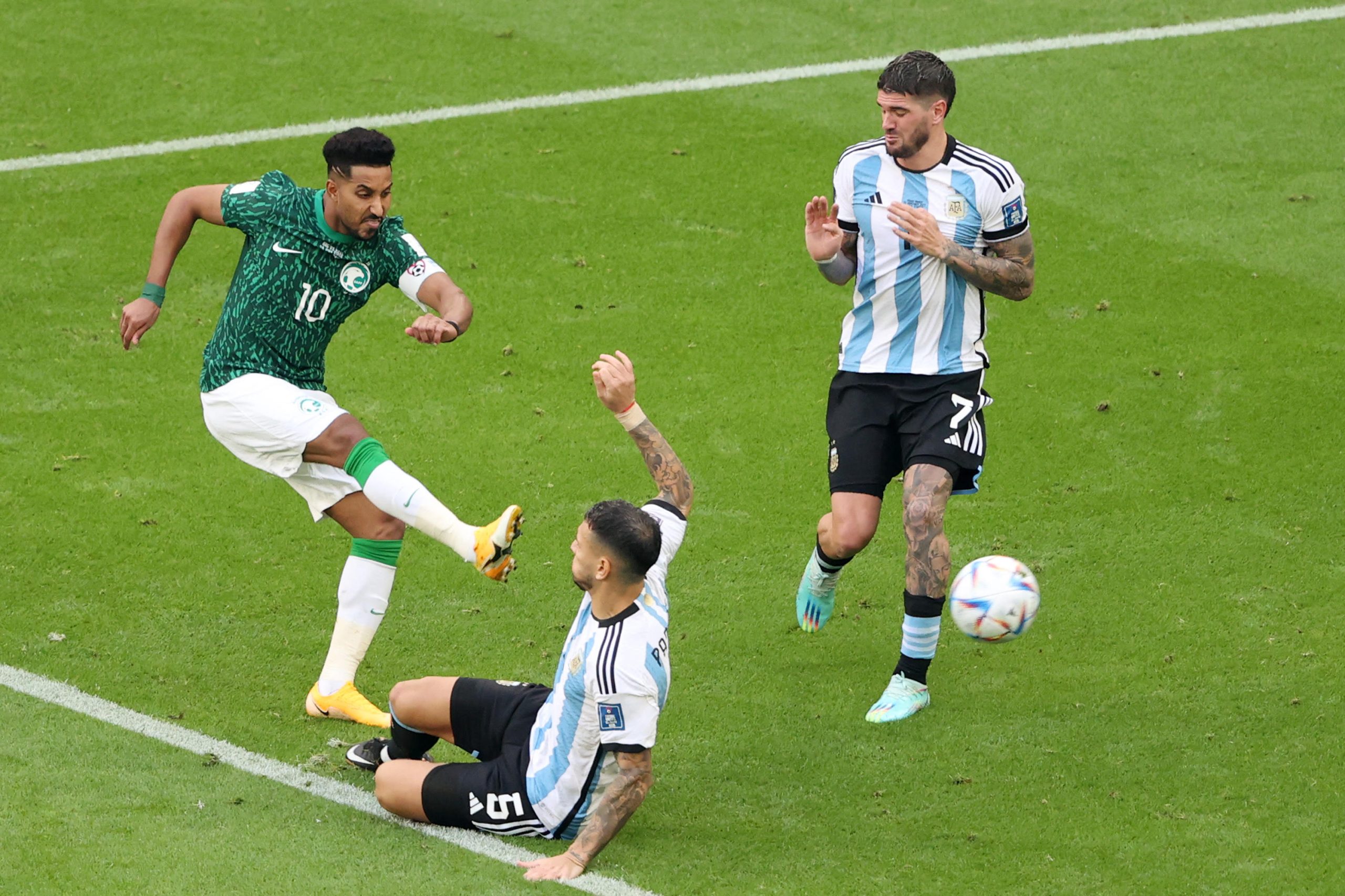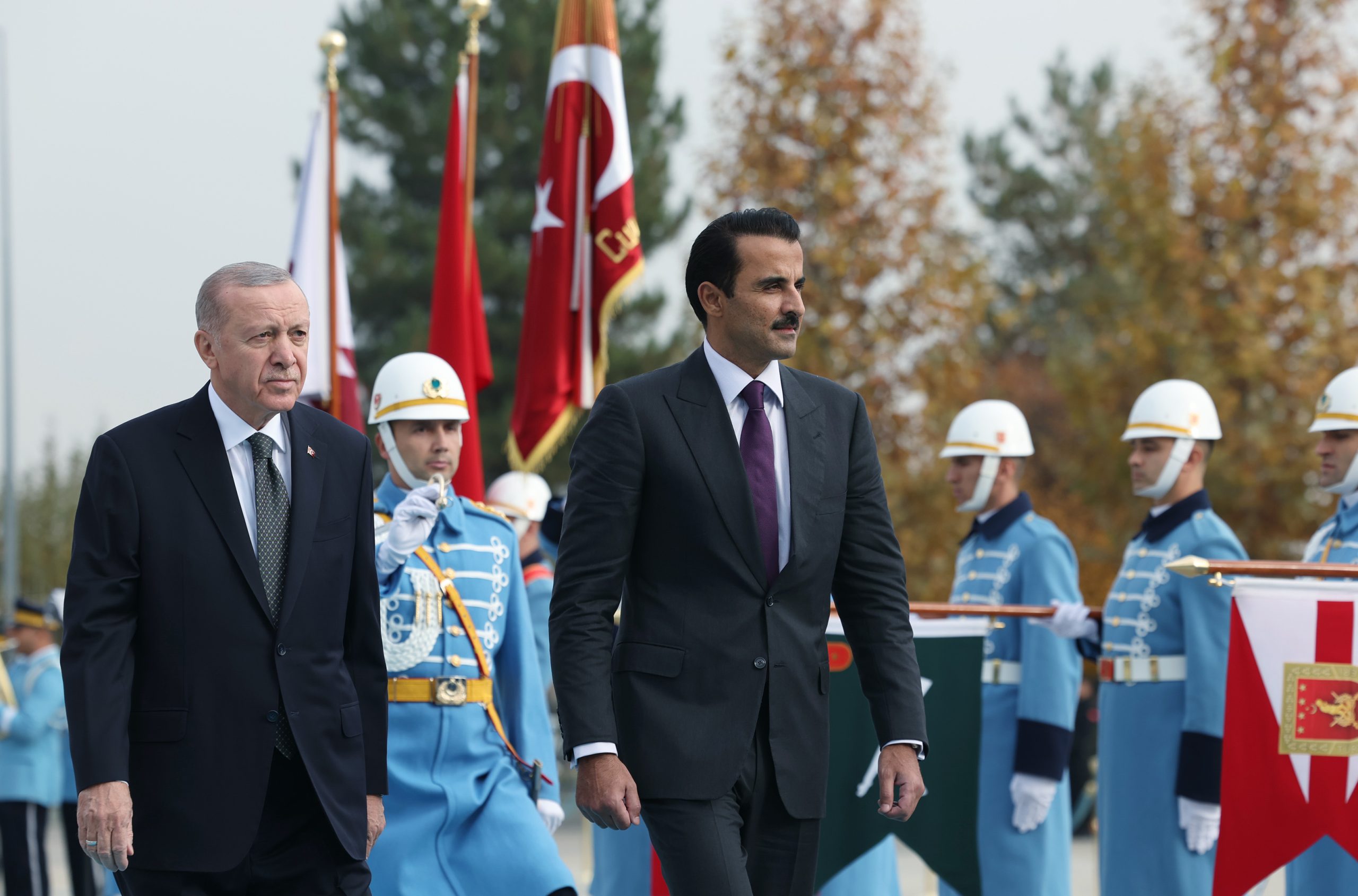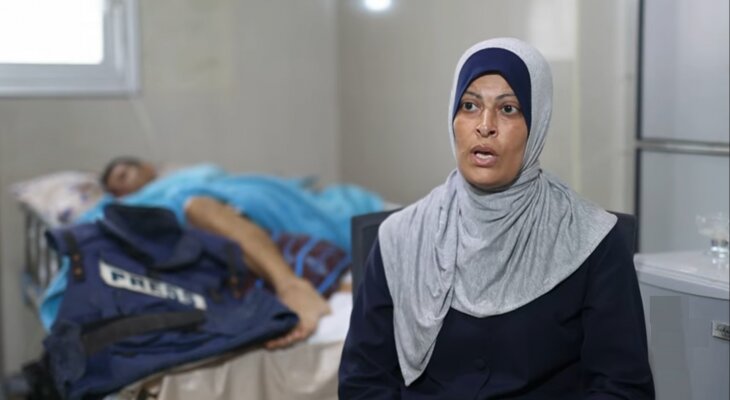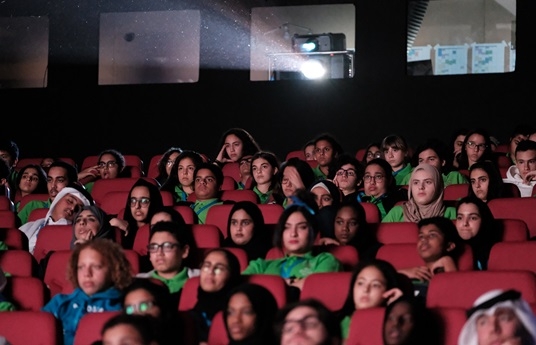Jude Bellingham has been subjected to an exceptionally high workload compared to players that were of same age like David Beckham, data revealed.
Almost half of the players who participated in FIFA World Cup Qatar 2022 endured severe or increased mental exhaustion due to an “unprecedented” season packed with matches, according international players’ union.
FIFPRO’s Player Workload Monitoring (PWM) platform, which analysed data from 1,800 professional footballers, published on Thursday that the demanding schedule had a negative impact on both clubs and competitions.
Local leagues around the world took a break in November to accommodate the mid-season World Cup, leaving players with little time to prepare for the tournament in Qatar. Shortly after, players found themselves forced to immediately return to club competitions.
The report identified “dangerous levels of fixture congestion” during the months leading up to Qatar 2022 and immediately afterward, the players were faced with a significant risk to their physical and mental wellbeing.
“The industry needs a far greater collective effort to establish effective player workload safeguards and a responsible calendar solution that protects player health and supports player performance,” said FIFPRO President David Aganzo.
As changes are now being looked into for the Champions League and the expansion of the FIFA Club World Cup, FIFPRO predicts that the demands on elite players will only increase in the next calendar cycle, potentially resulting in an 11% rise in their match workload by 2024-25.
The report featured case studies of top players such as Enzo Fernandez from Chelsea, Vinicius Jr from Real Madrid and soon-to-be team mate Jude Bellingham.
Raphael Varane, the French defender from Manchester United, was also featured. He played for his club only eight days after the World Cup final and announced his retirement from international football in February at the age of 29.
“The calendar is already more than full; the players are over-worked, and it will get even worse,” Varane said, as quoted by reports.
“I’m afraid that we will witness much shorter careers and that players will have to give up the France team very early because, physically or mentally, what we are asking for today is simply beyond limits,” he added.
Varane made 248 appearances across all competitions since June 2018, according to Football Benchmark data, with 58% of those matches occurring back-to-back, with PWM pointing to fewer than five days of rest in between. He also traveled 229,244 kilometres for international trips during that period.
FIFPRO said scheduling the World Cup within domestic seasons led to a lack of adequate preparation time, with 68% of players in the final squad lists having less than two weeks to get ready for the tournament. Many had just a few days to recover afterwards.
Other factors contributing to players’ workloads included FIFA’s aim to increase playing time in World Cup matches, resulting in average stoppage times reaching 11 minutes, the report detailed.
The report also revealed that 44% of players experienced higher physical fatigue and 23% experienced increased mental fatigue in January compared to other seasons, while 53% felt a greater likelihood of suffering injuries.
Across Europe’s top five leagues, clubs endured over 3,000 injuries during the 2022-23 season, with the Premier League bearing 686 and Serie 679 being the hardest hit.
In France’s Ligue 1, the most damaging months were January and February.
Spanish club Sevilla faced significant setbacks, as three of their players—Papu Gomez (Argentina), Alex Telles (Brazil), and Thomas Delaney (Denmark)—were sidelined for at least 40 days after the World Cup.
The risks faced by rising stars like England midfielder Jude Bellingham, who will join Real Madrid from Borussia Dortmund for $110.53 million, were also highlighted by the report.
Data showed that the 19-year-old has been subjected to an exceptionally high workload compared to players that were of the same age, such as Steven Gerrard, Wayne Rooney, and David Beckham.
“While it is crucial to provide young talents with opportunities to develop and showcase their skills, it is equally important to protect their well-being and ensure their long-term success,” the report added.







